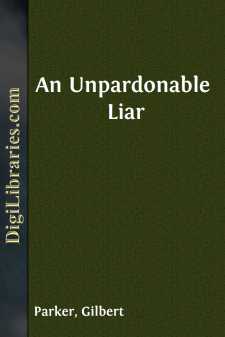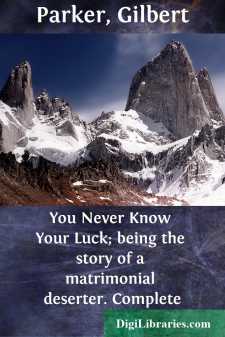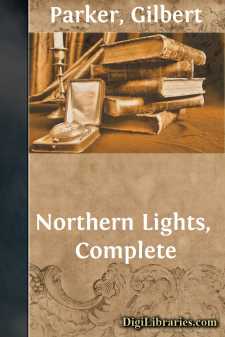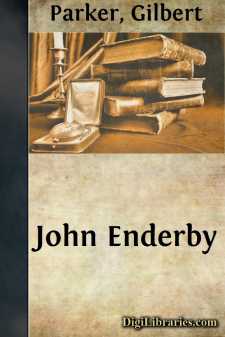Categories
- Antiques & Collectibles 13
- Architecture 36
- Art 48
- Bibles 22
- Biography & Autobiography 813
- Body, Mind & Spirit 142
- Business & Economics 28
- Children's Books 17
- Children's Fiction 14
- Computers 4
- Cooking 94
- Crafts & Hobbies 4
- Drama 346
- Education 46
- Family & Relationships 57
- Fiction 11829
- Games 19
- Gardening 17
- Health & Fitness 34
- History 1377
- House & Home 1
- Humor 147
- Juvenile Fiction 1873
- Juvenile Nonfiction 202
- Language Arts & Disciplines 88
- Law 16
- Literary Collections 686
- Literary Criticism 179
- Mathematics 13
- Medical 41
- Music 40
- Nature 179
- Non-Classifiable 1768
- Performing Arts 7
- Periodicals 1453
- Philosophy 64
- Photography 2
- Poetry 896
- Political Science 203
- Psychology 42
- Reference 154
- Religion 513
- Science 126
- Self-Help 84
- Social Science 81
- Sports & Recreation 34
- Study Aids 3
- Technology & Engineering 59
- Transportation 23
- Travel 463
- True Crime 29
An Unpardonable Liar
by: Gilbert Parker
Description:
Excerpt
AN ECHO.
"O de worl am roun an de worl am wide—O Lord, remember your chillun in de mornin!
It's a mighty long way up de mountain side,
An day aint no place whar de sinners kin hide,
When de Lord comes in de mornin."
With a plaintive quirk of the voice the singer paused, gayly flicked the strings of the banjo, then put her hand flat upon them to stop the vibration and smiled round on her admirers. The group were applauding heartily. A chorus said, "Another verse, please, Mrs. Detlor."
"Oh, that's all I know, I'm afraid," was the reply. "I haven't sung it for years and years, and I should have to think too hard—no, no, believe me, I can't remember any more. I wish I could, really."
A murmur of protest rose, but there came through the window faintly yet clearly a man's voice:
"Look up an look aroun,Fro you burden on de groun"—
The brown eyes of the woman grew larger. There ran through her smile a kind of frightened surprise, but she did not start nor act as if the circumstance were singular.
One of the men in the room—Baron, an honest, blundering fellow—started toward the window to see who the prompter was, but the host—of intuitive perception—saw that this might not be agreeable to their entertainer and said quietly: "Don't go to the window, Baron. See, Mrs. Detlor is going to sing."
Baron sat down. There was an instant's pause, in which George Hagar, the host, felt a strong thrill of excitement. To him Mrs. Detlor seemed in a dream, though her lips still smiled and her eyes wandered pleasantly over the heads of the company. She was looking at none of them, but her body was bent slightly toward the window, listening with it, as the deaf and dumb do.
Her fingers picked the strings lightly, then warmly, and her voice rose, clear, quaint and high:
"Look up an look aroun,Fro you burden on de groun,
Reach up an git de crown,
When de Lord comes in de mornin—
When de Lord comes in de mornin!"
The voice had that strange pathos, veined with humor, which marks most negro hymns and songs, so that even those present who had never heard an Americanized negro sing were impressed and grew almost painfully quiet, till the voice fainted away into silence.
With the last low impulsion, however, the voice from without began again as if in reply. At the first note one of the young girls present made a start for the window. Mrs. Detlor laid a hand upon her arm. "No," she said, "you will spoil—the effect. Let us keep up the mystery."
There was a strange, puzzled look on her face, apparent most to George Hagar. The others only saw the lacquer of amusement, summoned for the moment's use.
"Sit down," she added, and she drew the young girl to her feet and passed an arm round her shoulder. This was pleasant to the young girl. It singled her out for a notice which would make her friends envious.
It was not a song coming to them from without—not a melody, but a kind of chant, hummed first in a low sonorous tone, and then rising and falling in weird undulations....












